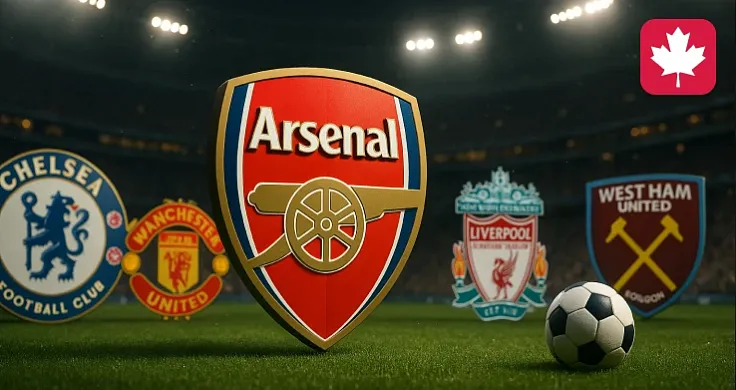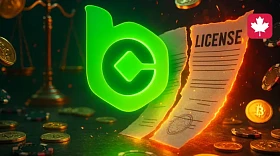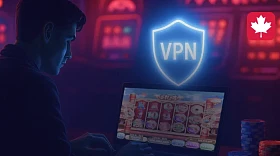
Why do clubs continue to sign betting contracts right before the ban?
The English Premier League has imposed a ban on the placement of betting company logos on the front of shirts since the 2026/27 season, but this has not stopped clubs: 11 out of 20 teams maintain or have signed title deals with betting operators for the 2025/26 season - exactly the same number as last season. This decision is trivially explained – money. For many clubs, current agreements are a quick and guaranteed income for the next 12-18 months, and it is unrealistic to replace it with contracts of equal amount from other sectors for such a period.
The practical side of the ban is simple: it applies specifically to the front-of-shirt — the visible front part of the uniform. Sleeves, training equipment, stadium boards and digital platforms remain available to betting brands. In other words, bookmakers are not leaving football — they are reformatting their presence.
Changes in sponsor-club pairings: West Ham changed Betway to Boyle Sports, Nottingham Forest changed Kaiyun to Bally's - these are mainly cosmetic changes, and not a rejection of the sponsorship category. Not a single club has massively abandoned bookmakers' money in favor of commercial partners from other industries. For owners and money managers, this is logical: if the market pays, you charge a fee, and then you think about diversifying your income.
Criticism sounds harsh, and it makes sense. For public organizations and advocates against gambling addiction, such a ban is a half-measure. The disappearance of the logo from the chest will give the picture the "right" look, but the actual impact of advertising on the audience will not disappear: advertising will remain in stadiums, in broadcasts and online. Activists call it an attempt to create the appearance of action without real protection for vulnerable groups. If the goal is to truly reduce the impact of gambling advertising, it is necessary to move forward and limit advertising in these other places, as well as strengthen protection and prevention programs.
Legal and reputational risks do not disappear either. Regulators and control bodies do not lose attention: clubs risk their reputation and possible fines if the partner is associated with illegal venues or violations of the rules. Quick contracts with little-known brands can prove costly in the long run: litigation, inspections, and PR crises are more costly than benefiting from a single season of extra cash.
What does this mean for a fan? In the coming season, visually, you will still see bookmakers on the shirts of many teams. In the future, the front logo will disappear, but the ad itself will not go away completely — it will just shift. Parents and those who care about the impact of advertising on young people should understand that a formal victory is only the first step. A comprehensive approach requires real changes in the perception and accessibility of advertising.
The economics of solutions are as follows: the value of the front-of-shirt will fall — at least for betting brands — and clubs will have to look for replacements in sleeve deals, training sponsorships, stadium packages, and digital products. In the meantime, for many clubs, it is easier to "take" money now and postpone the search for alternatives for later.
The result without words: the ban on personal sponsorship is a step aside, but not the end of the story. As long as there is no broader ban on sleeves, boards and digital advertising, bookmakers will remain part of the football landscape, and clubs will choose between short-term profits and a more complex restructuring of revenues.




celese Haha, classic! First they screwed over the players, then the license turned out to be fake, and now they’re trying to undo everything. A total circus. Yeah, everything will just get bought. They’ll pay whoever they need in Curaçao and get a new license. Money rules everything, especially in this industry.



Mangarin4ik The section about how casinos fire VPNs is a gun. I've never thought about WebRTC and the time zone. Author, thank you, you may have just saved my next deposit.





































Compensation is needed for clubs, if the ban is serious, otherwise the budget holes will be closed with something bad.
I don't care about logos as long as the team plays beautifully, but the ads are really annoying.
Arsenal and City are beautiful - they did not take these sponsors. The rest were sold for money.
Let them remove advertising completely, and not just throw it on their sleeve. This is theater.
The good news is that at least they are doing something. It's bad that it looks like a PR stunt.